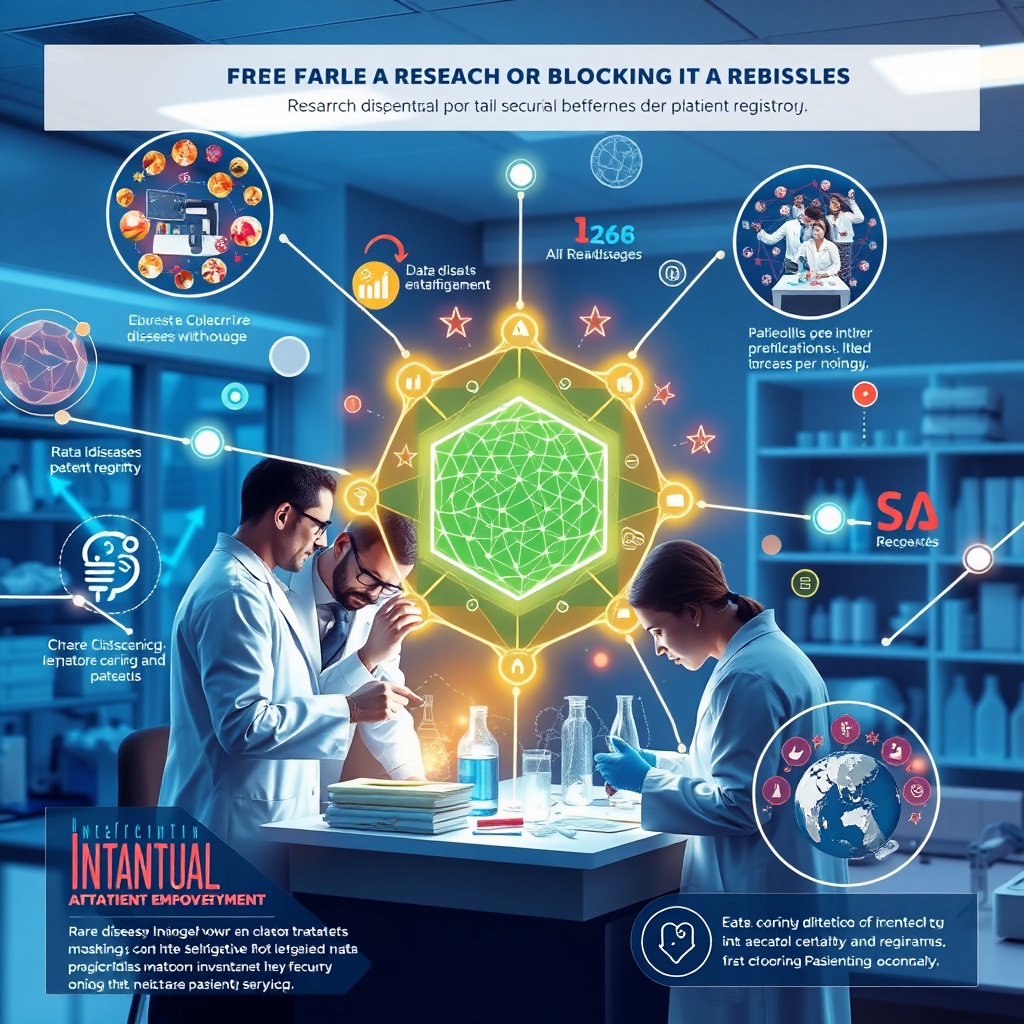Transforming Data Integrity and Security
The healthcare sector is notoriously burdened by issues of data integrity, especially in the realm of rare disease research and patient registries. Traditional data management systems often face challenges such as data breaches, inaccuracies, and a lack of interoperability. Blockchain technology presents a promising solution by providing a decentralized, tamper-proof ledger that enhances both security and accuracy of patient data.
How Blockchain Works: By utilizing cryptographic techniques, blockchain ensures that once data is entered, it cannot be altered without consensus from all parties involved. This level of security is particularly vital for rare diseases, where accurate data is essential for research and treatment development.
Enhancing Collaboration Among Stakeholders
Rare diseases often affect small patient populations, making collaboration between researchers, healthcare providers, and patients crucial. However, traditional methods of data sharing can be cumbersome and slow. Blockchain facilitates seamless information exchange, enabling stakeholders to share insights and findings in real time.
Key Benefits of Enhanced Collaboration:
- Improved access to patient data across multiple institutions.
- Faster identification of potential treatment pathways.
- Increased opportunities for clinical trials through wider patient recruitment.
Empowering Patients Through Ownership of Their Data
In the past, patients often felt like passive participants in their healthcare journeys. Blockchain empowers patients by giving them ownership of their own health data. This shift not only increases patient engagement but also allows for more personalized treatment plans tailored to individual needs.
Potential Outcomes: When patients control their data, they can choose who accesses it, ensuring that their information is used ethically and responsibly. This can lead to a more informed patient population and ultimately result in better health outcomes.





